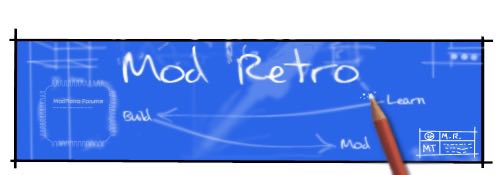Basement_Modder
He who mods in thy basement.
Re: OBDp, or On Boad Diagnostics for Portables WIP
Looking good.
Looking good.
 )
)
XCVG said:Instructions? Is this the one from that instructable? I know it's so simple you don't really need instructions though. Did you use resistors? Do I talk too much?
 In any case, yes, I used Instructables, which really only ended up sending me to another site entirely for the pinout, which was another annoyance. Thankfully, everyone will have a much better guide here.
In any case, yes, I used Instructables, which really only ended up sending me to another site entirely for the pinout, which was another annoyance. Thankfully, everyone will have a much better guide here. jleemero said:You know, the ATmega48/88/168/328 has 6 ADC lines.
I mean, it's always going to be cheaper and smaller than the 128.
Seriously though, the '128 is a BEAST, especially for an application like this...
And I know you know that
I don't want to sound like I'm just trying to work this project my own way, I just wanna put everything out there that I see.
Of course, the most important thing remains:
Puwease keep your code portable
Basement_Modder said:Instructables is a waste of money. I liked them better when they were free.
Since when has instructables started charging? Also, I'll admit, I do not understand this project one bitXCVG said:Instructables costs money now?
WTF were they thinking? :evil: :evil: :evil: :evil:
That sucks. Oh well, I can always post stuff here.
eurddrue said:Since when has instructables started charging? Also, I'll admit, I do not understand this project one bit
 Another reason why this one is so much better!
Another reason why this one is so much better!I personally am a C/C++ nut (C for MCUs of course).robm said:I've been using C so far, but I'll be moving back to Assembly once I begin work on the main structure of the diagnostic module - as much as C does for a programmer in keeping up with other areas of code, Assembly is just so much easier to deal with when working with micros. What language do you use?
Neildo_64 said:I went to college for computer programming in assembly, COBOL, java, c, c++, and a few others, but didn't quite make it to the degree (ran out of money so they gave me the boot). I may be of some assistance but I highly doubt it.
I am having a yard sale tomorrow, and I usually make $200-300 on my old junk. I don't have to worry 'bout funding anymore.XCVG said:I've wanted to get into microcontrollers for ages now, but I just blew all my availible money on a screen.
